What the Supreme Court’s immunity decision means for Donald Trump
In its decision in Trump v. US the court said a president can be prosecuted for unofficial acts: the trial judge must now sort out what constitutes official and private conduct.
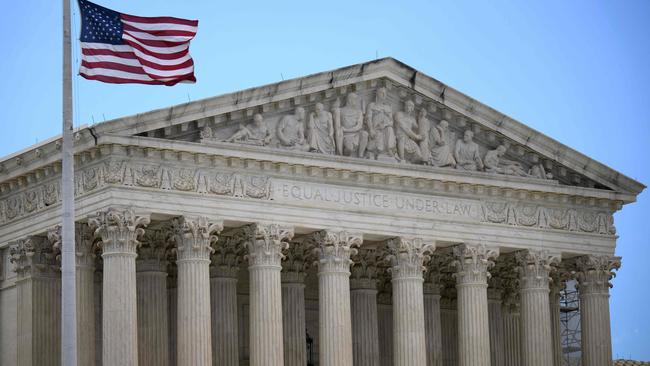
The Supreme Court gave former President Donald Trump a sweeping amount of protection against criminal prosecution, ruling that a president can’t be charged for doing the job as outlined in the Constitution and has the presumption of immunity for other actions he takes while in office.
In its decision in Trump v. United States, however, the court said a president can be prosecuted for unofficial acts, and in Trump’s case related to the 2020 election, the trial judge must now sort out what constitutes official and private conduct.
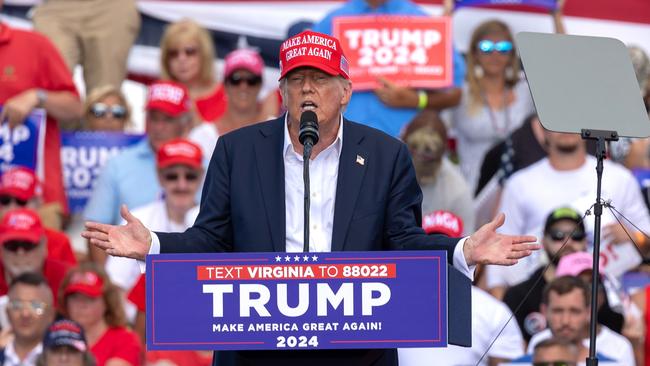
Why did the Supreme Court grant the immunity?
The court said a president needs broad protection so they can “execute the duties of his office fearlessly and fairly” and so that his decision-making isn’t “distorted” by the threat of prosecution. Criminally prosecuting a president for an official act would intrude on the executive authority he has under the constitution’s separation of powers, the court said. The court ruled 6-3, with Chief Justice John Roberts writing for the majority and Justice Sonia Sotomayor writing a fiery dissent.
“Such an immunity is required to safeguard the independence and effective functioning of the Executive Branch,” the opinion said.
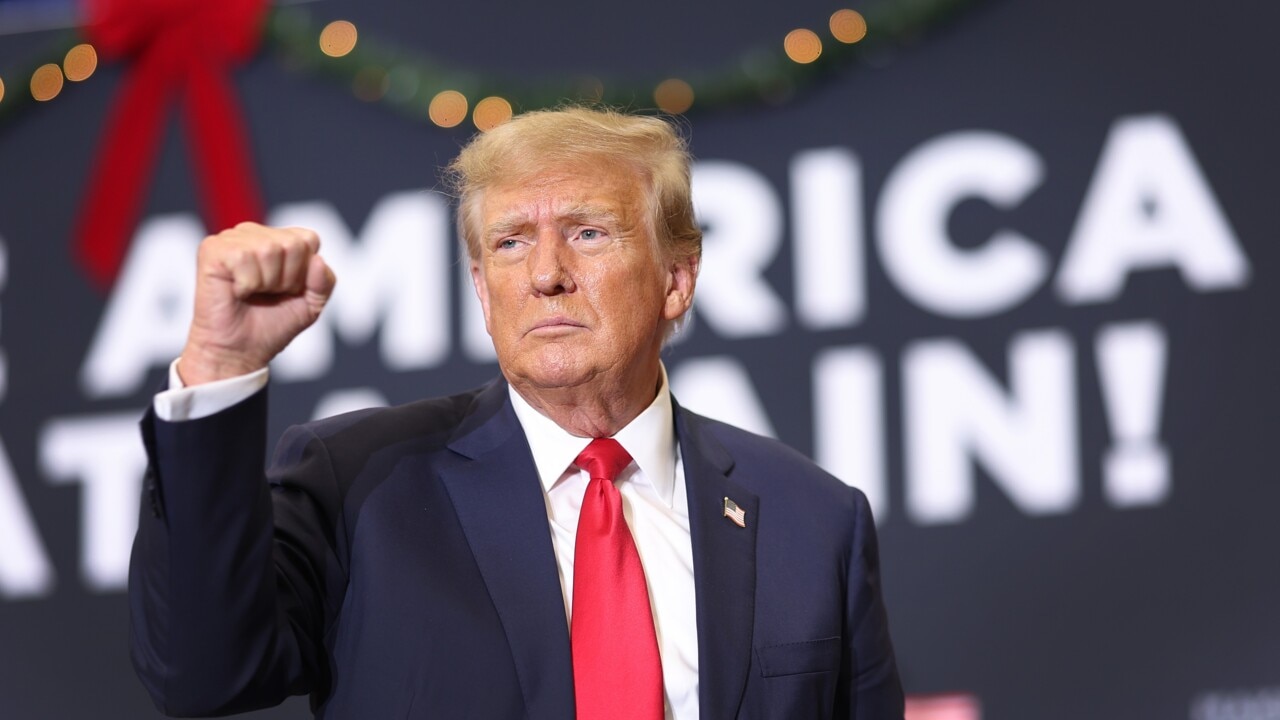
What is the difference between official and unofficial acts?
It is a little murky. The court said a president is absolutely immune from actions in his core constitutional authority – which includes activities such as granting pardons, appointing cabinet officials, engaging in foreign relations, acting as commander in chief. Everything else is presumptively privileged if it can be characterised as falling within the outer perimeter of his responsibility as president. The same broad standard gives presidents protection from civil lawsuits.
But a court could determine that some conduct – such as campaign speech or fundraising – constitutes an unofficial act, for which there is no immunity.
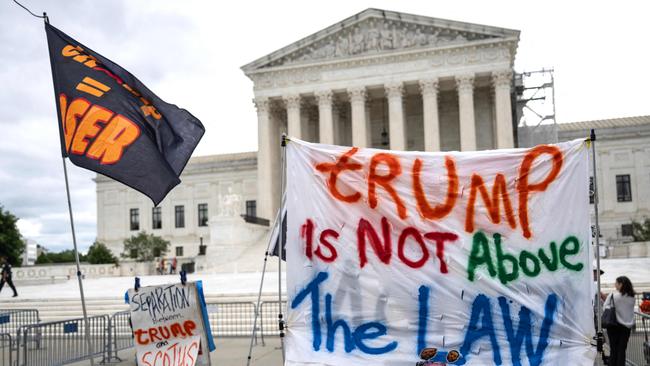
What does it mean for the January 6 case against Trump?
The case is in serious jeopardy. The court threw out parts of special counsel Jack Smith’s case against Trump, including that he improperly tried to use the Justice Department to advance his unsubstantiated claims of election fraud in the 2020 presidential election.
For other allegations at the core of the indictment, including Trump’s efforts to pressure Vice President Mike Pence to alter the election results, the high court said the trial judge needed to determine whether any of the charges could continue or should be dismissed because they are based on his official acts.
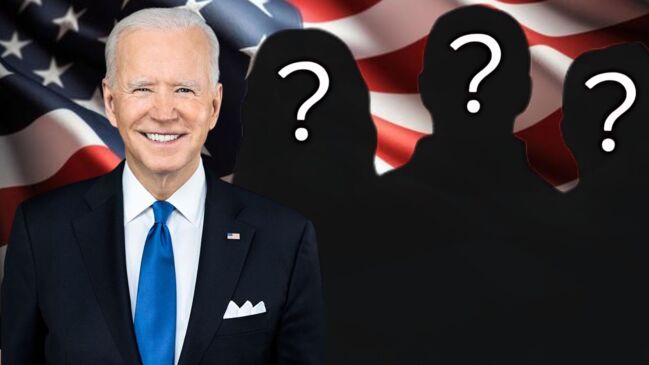
“Whenever the President and Vice President discuss their official responsibilities, they engage in official conduct,” the opinion said.
That alone could stall the case for several months, and the court added so many new conditions for prosecutors that a trial is unlikely before November’s election. The court said that the judge can’t ask about Trump’s motives in determining whether an action is official or not, and prosecutors can’t use official acts as evidence that Trump committed a crime through unofficial ones.
Dow Jones



To join the conversation, please log in. Don't have an account? Register
Join the conversation, you are commenting as Logout